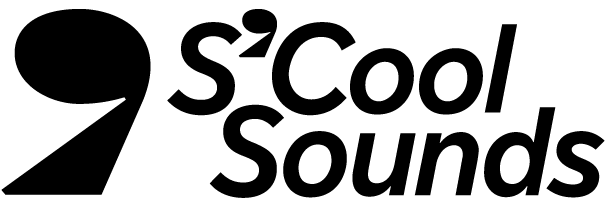Jordan and Iraq
Lesson 4
Teaching Artist: Ronnie MalleySUMMARY
This is the fourth lesson from the “Ya Habibi” unit. Students will visit Jordan and Iraq to learn about the region’s musical traditions and cultures. Students will also sing along and play rhythms to accompany traditional songs.
OBJECTIVES
Use a map to locate Jordan and Iraq.
Identify cultural characteristics of Jordan and Iraq.
Recite and play rhythmic patterns: iqa’ ayub and iqa’ chobi.
Play rhythmic patterns in unison: iqa’ ayub and iqa’ chobi.
MATERIALS
Balla T’soubou Hal Kahwa (Traditional Arab Folk Song)
TEACHER BACKGROUND
This lesson was designed for two full classes/school periods. Teachers can amend the lesson duration to meet student needs, abilities, and accommodate class schedules. See the glossary at the end of this lesson and refer to it when necessary.
EXPLORE
1. Introduce students to Middle Eastern rhythms by playing the video Jordan and Iraq. Ask students to recall what they noticed and share what they wonder after listening.
2. Distribute the Ya Habibi Travel Diary and allow students to personalize it, drawing and recording important facts about Jordan and Iraq. Refer to the glossary at the end of this lesson when necessary.
LEARN, PART 1
1. Have students vocalize and use body percussion to review the following pattern from a previous lesson, called iqa’ ayoub, at a slow, steady pace, then at increasing speeds:
Doum, es, doum, tak
Doum - hands on thighs, or fist gently on chest
Es - hold hands apart
Tak - clap
2. After reviewing, use body percussion to play this iqa’ ayoub with the video Jordan and Iraq as Ronnie sings “Balla Tsoubou Hal Kahwa.” When students are confident, they can substitute or add sounds from their learning space. For example, students may use desktops, chair legs, or a book.
3. Introduce a new rhythm using the following pattern, called iqa’ chobi, at a slow, steady pace:
Doum, doum, doum, tak, doum, es, tak, es, tak
Doum - hands on thighs, or fist gently on chest
Es - hold hands apart
Tak - clap
This is a more advanced rhythm. Make sure to learn along with Ronnie in the video.
4. Use body percussion to play iqa’ chobi with video Jordan and Iraq as Ronnie sings “Shlonak Ayni Shlonak.” When students are confident, they can substitute or add tones in their learning space. For example, students may use desktops, chair legs, or a book.
5. Optional: Divide students into two groups. Ask one group to use body percussion or sounds from their learning space to play iqa’ ayoub. Ask the other group to use body percussion or sounds from their learning space to play iqa’ chobi. Lead each group with a slow, steady rhythm until they are confident. The groups can then swap rhythms.
LEARN, PART 2
1. Replay the video Jordan and Iraq to review the geography and cultural contributions of Jordan and Iraq.
2. Pause the video before each of the two songs to recite the rhythms learned above: iqa’ ayub and iqa’ chobi.
3. In unison, use body percussion or sounds from the learning space to play iqa’ ayub with Ronnie as he sings “Balla Tsoubou Hal Kahwa.”
4. Play the video Balla T’soubou Hal Kahwa and invite students to use body percussion as they play along with the music.
5. Repeat the previous step using body percussion or sounds from the learning space to play the iqa’ chobi with Ronnie as he sings “Shlonak Ayni Shlonak.”
PERFORM+SHARE
1. Once students are confident, split the class into small groups (of three or four students each). Ask one group to use body percussion or tones in their learning space to play iqa’ ayoub. Ask a different group to use body percussion or tones in their learning space to play iqa’ chobi. Repeat until all groups have performed.
2. Record a video or audio version of your students’ performance, then upload it to the S'Cool Sounds Padlet.
GLOSSARY
‘Ayni - my eye; calling someone “my eye” is a term of endearment in Arabic
Hayl - cardamom spice
Kahwa (also spelled qahwa and gahwa) - coffee
Khayl - horses
Ma’salama - good bye; literally “go with peace”
Marhaba - hello
Shlonak - hello, how are you? (Iraqi dialect)
Soubou - to pour

